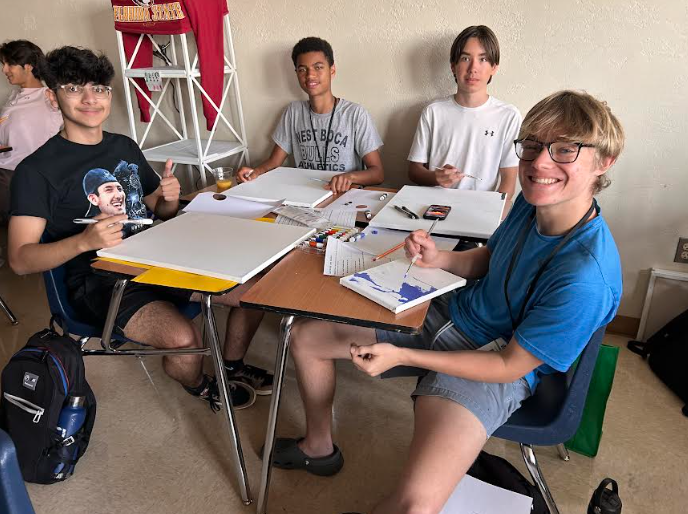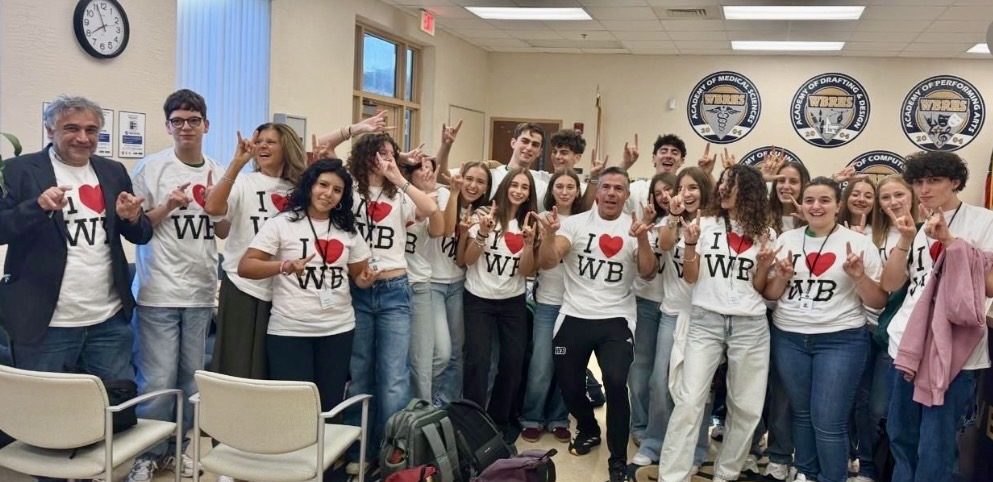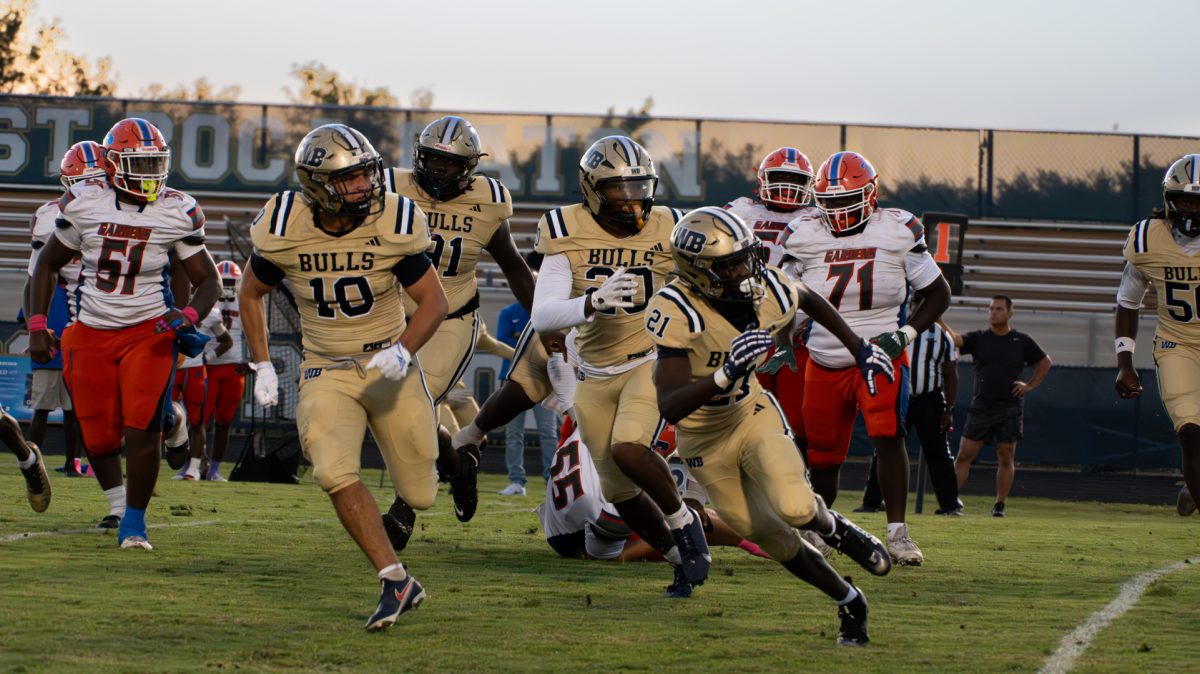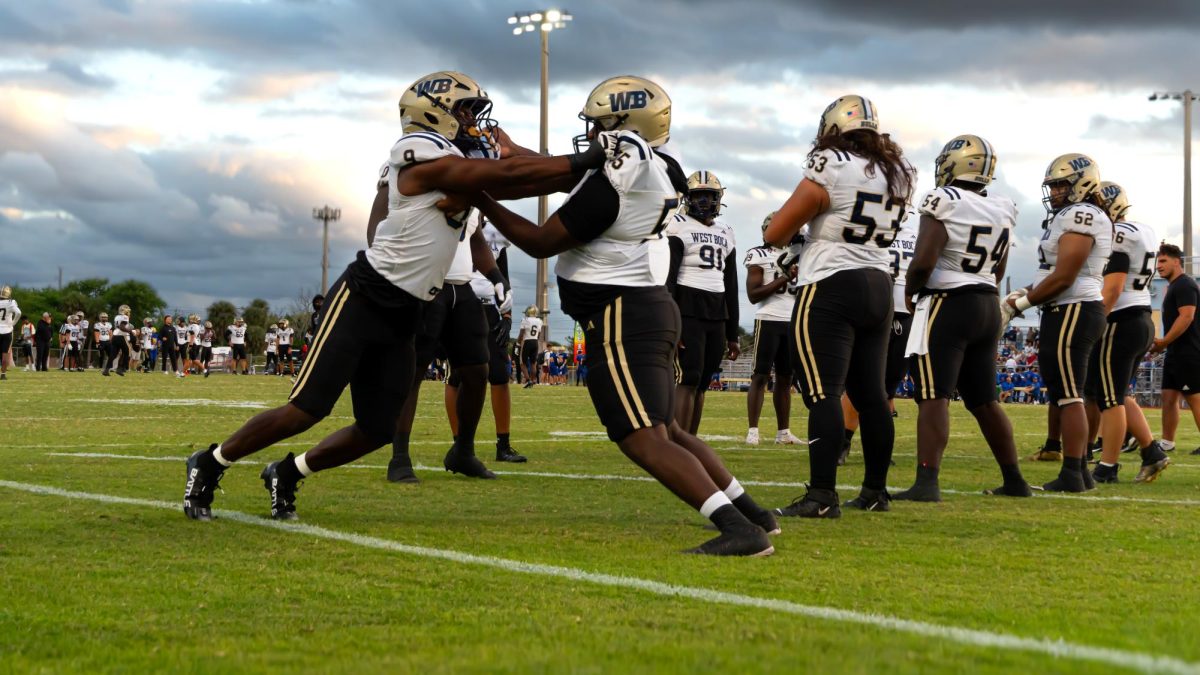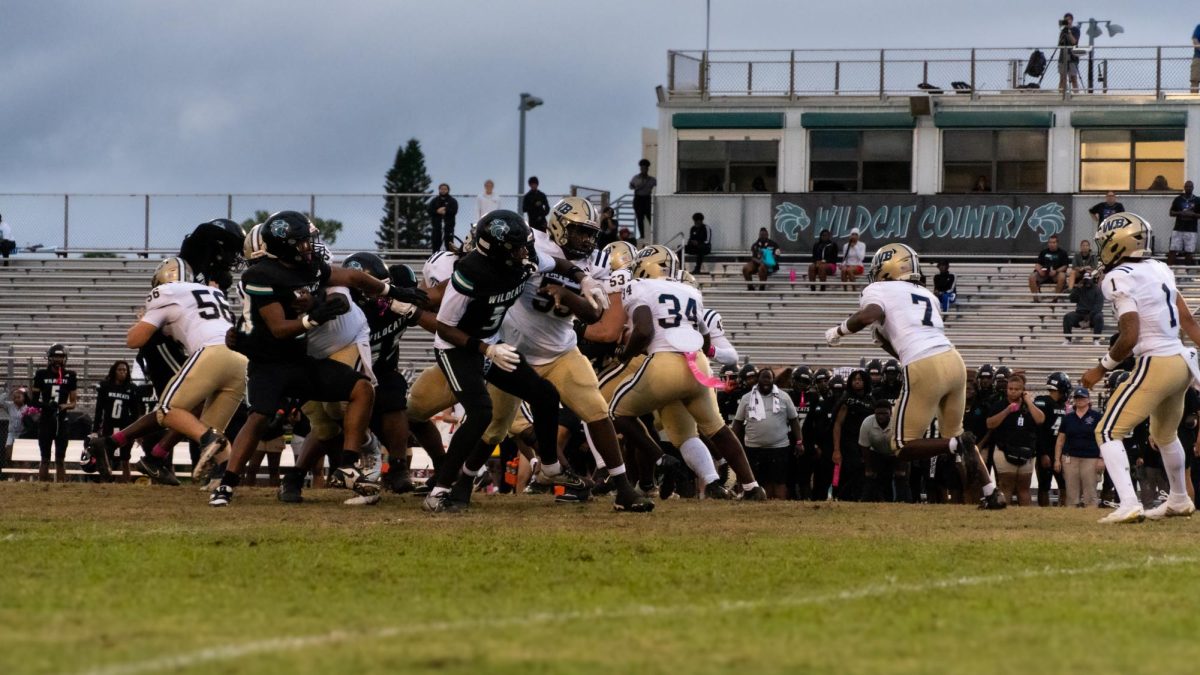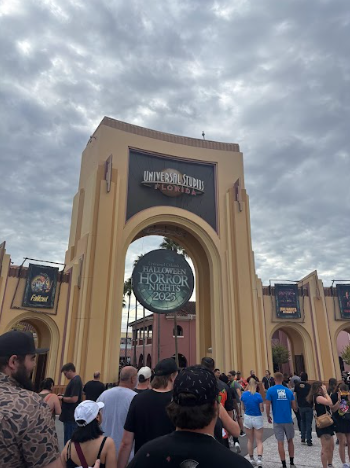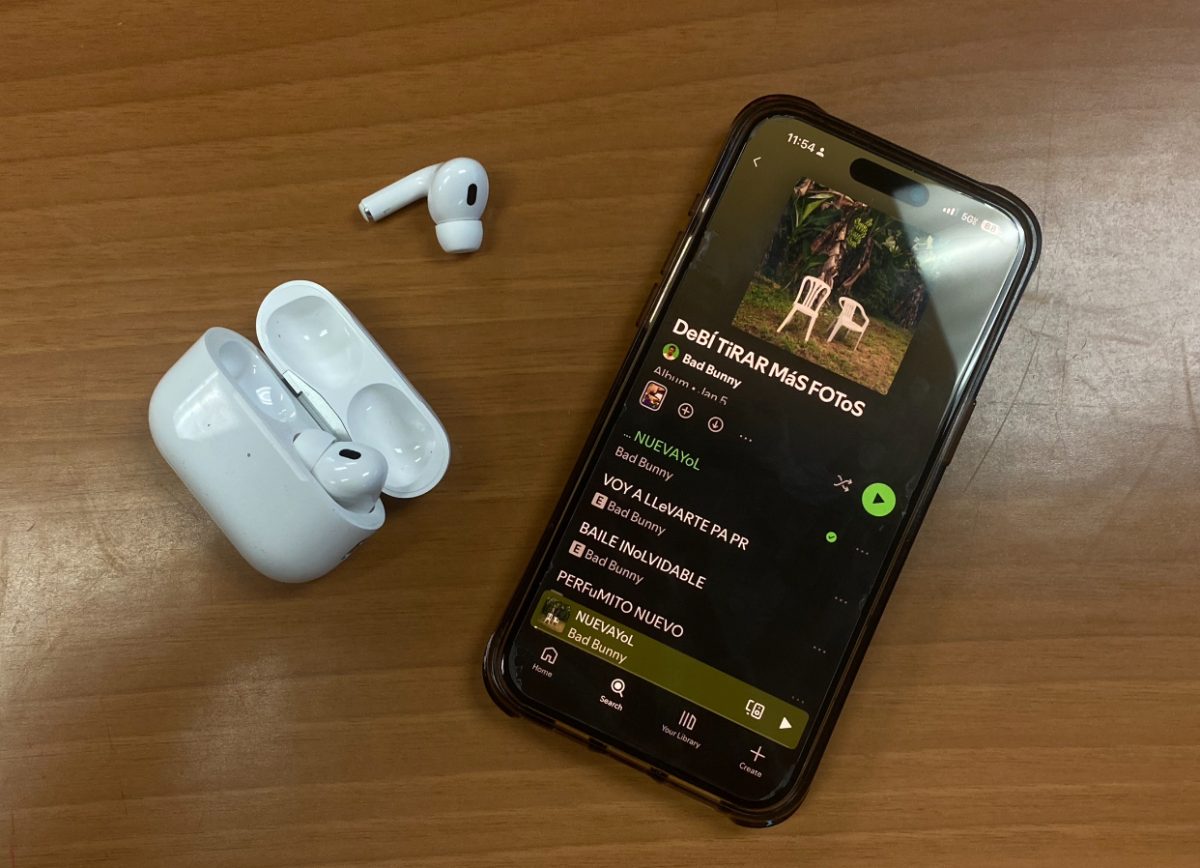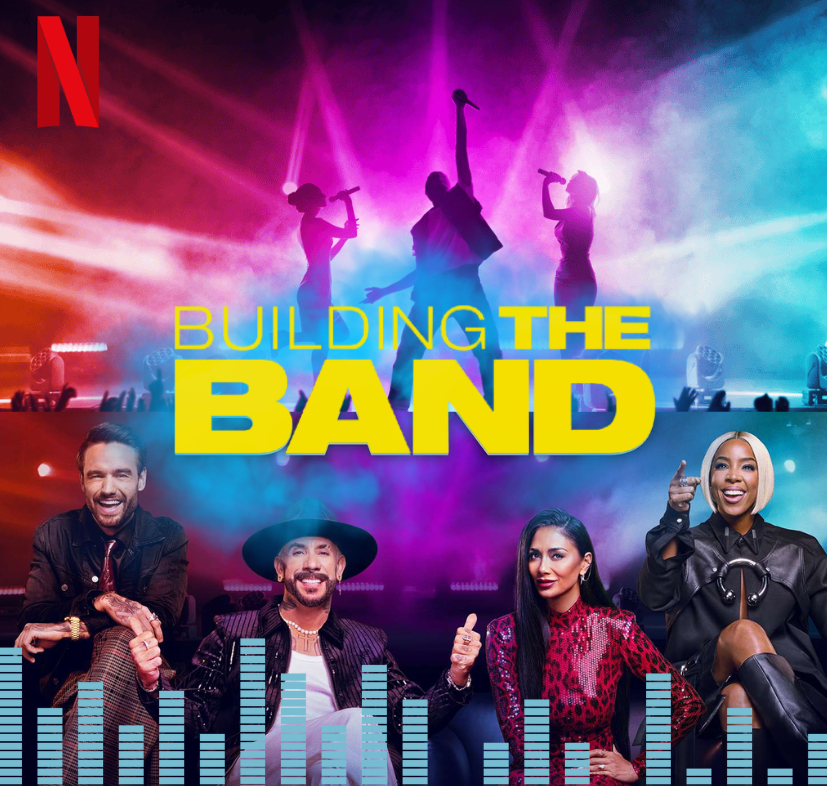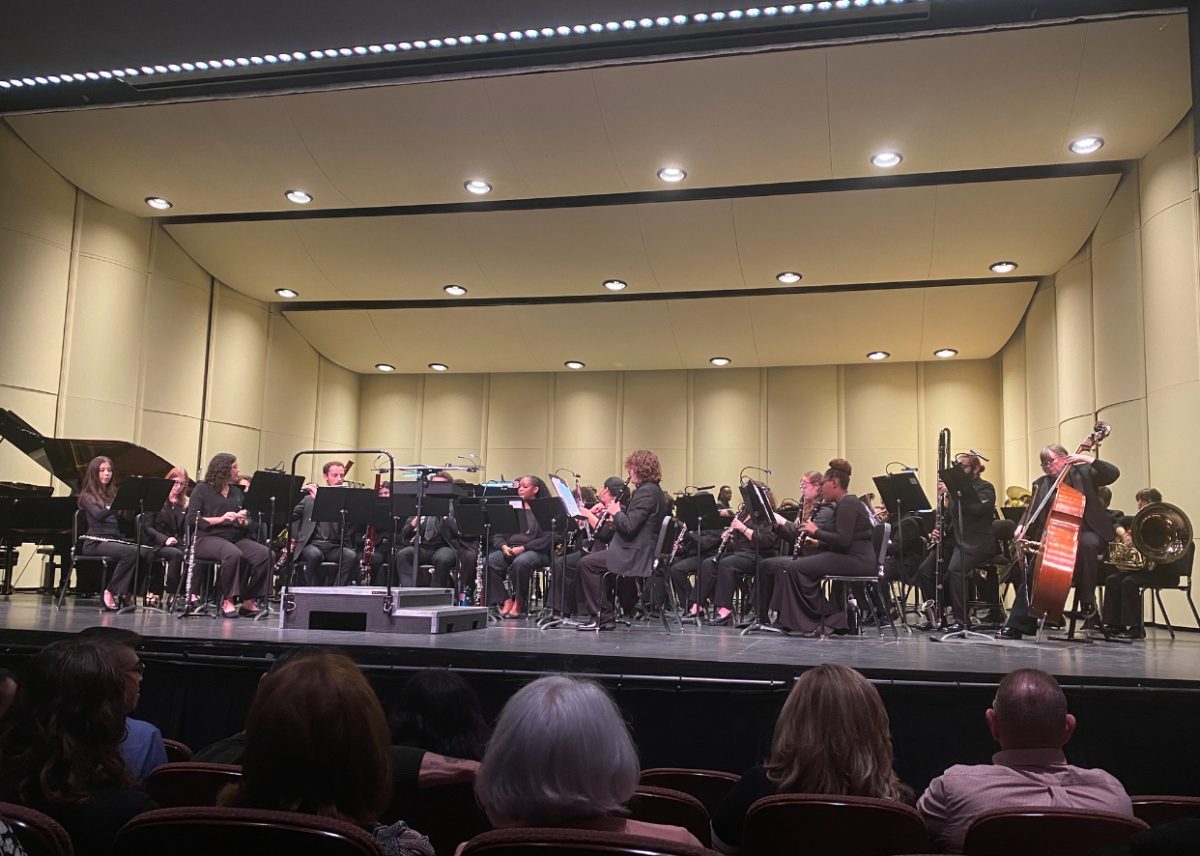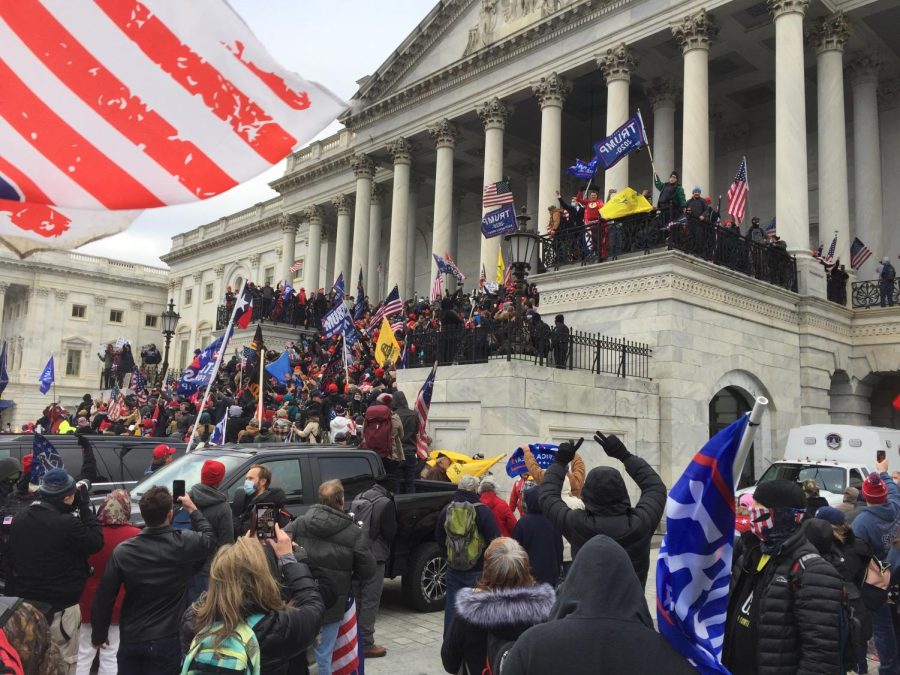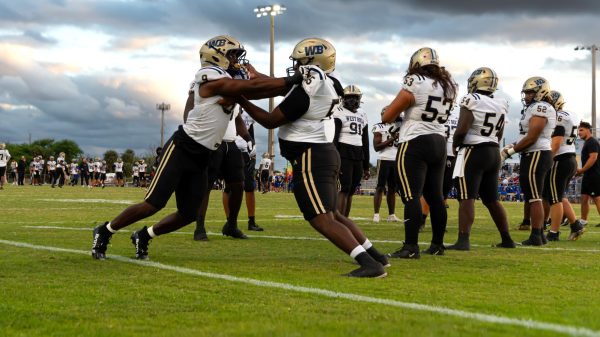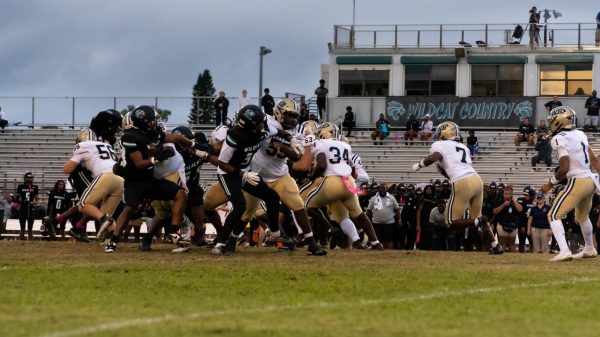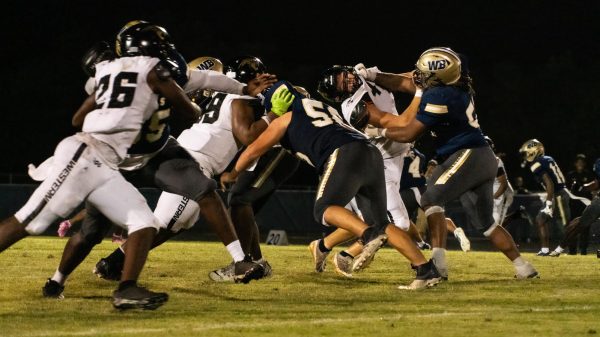One Year Later: How the Capitol Riot Exposed America’s Domestic Terrorism Oversights
Violence struck Washington, DC’s National Mall as Congress counted the electoral votes for the 2020 presidential election.
January 14, 2022
This article is strictly the opinion of the author and does not reflect the views of the West Boca Bullseye or West Boca High School.
As stated in the U.S. Code Title 3 Section 15, Congress shall hold a session on the sixth day of January following the meeting of all the states’ electoral college members, to tally the votes of a presidential election. As was rumored by multiple media sources, certain members of Congress contested the results of the 2020 election of President Joseph R. Biden, Jr. and before the counting was complete, American citizens attacked one the United States’ most prized possession.
I walked into my AP Government class with a livestream of my fellow Americans making their way to the Capitol building. It was the first time I felt threatened as an American.
I believe so whole-heartedly in the political process because despite its many flaws, it has stood the test of time and served as the blueprint of democracy around the globe. Yet, in a matter of minutes, this strong belief was stripped away. It was as though my hope for a better future was forcefully taken from me.
“If you don’t fight like hell, you’re not going to have a country anymore.” These were the words of President Trump, who many experts feel was at least partially responsible for inciting the insurrection.
Then, at 1:49 pm, Capitol Police declared the event a riot. National Guard troops didn’t come until four hours later.
Nearly 400 days have since passed, and those moments glued to my television are some of the strongest memories I have. I thought those days were behind me, but I fear that this is only the beginning.
While groups such as the Ku Klux Klan have been a fixture in American vocabulary since the mid-19th century, new organizations such as the Proud Boys and QAnon have become the names used throughout national media. These two groups, as well as others such as the Oath Keepers, a cell of veterans and former law enforcement officers with an anti-government agenda, made up the crowds on the steps of the Capitol. What makes today’s domestic terror cells different from those of the past? They adapted their playbook right underneath the noses of the FBI, Department of Homeland Security (DHS), and other domestic law enforcement agencies … by going online.
While it may seem trivial, a FBI report on domestic terrorism cites online platforms (such as Parlor, MeWe, and Zello) as methods that domestic violent extremist (DVE) organizations are using to coordinate their attacks. These platforms have since been shut down and taken off online stores such as the Apple App Store and Google Play Store.
Yet, there was a chance that the event could have been prevented. On the evening of January 5th, an FBI report was sent to the Senate outlining the threat of violence, and yet no elicited action was taken. The Capitol Police Chief at the time, Mr. Steven Sund, has since resigned from his position in response to the events.
Now, a large proportion of the American public (30% according to a Washington Post-University of Maryland poll) still believe that the 2020 presidential election was fraudulent. It was this notion that led to the riot in 2021, and this figure reveals that there is still a group of Americans fueling the fire behind these DVE threats.
The current investigation into the insurrection by the U.S. Department of Justice is still ongoing, and hundreds of individuals have been charged with assaulting police officers, and a select committee of House of Representatives members has sent out numerous subpoenas (orders to appear before officials) in recent weeks. In the most recent development, Stewart Rhoades, founder of the Oath Keepers organization, has been charged with seditious conspiracy by the FBI. The charge can be described as the work of two or more individuals who conspire to overthrow, put down, or destroy the U.S. government or levy war against the nation.
For those, like me, who have no tangible memory of the September 11, 2001 attacks, it is absolutely essential that January 6, 2021 is also never forgotten. This attack demonstrated the possibility of how dangerous domestic terrorism should be considered, as well as the potential for coup d’etat in Washington, DC being fully realized. We must protect these threats by protecting a fundamental American value: the consent of the governed.
As a new voter, I have been presented with the best opportunity to do my part in protecting democracy. I strongly recommend, regardless of political ideology, for my peers to do the same. Yes, it may be a hassle, but casting your vote for candidates at every level makes a difference in how our communities are managed.
I severely dread the day that the next generation experiences their January 6th or their September 11th. Let’s not let it happen.


